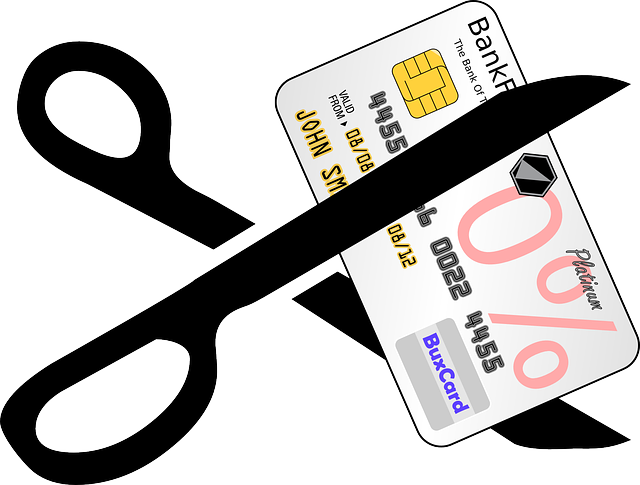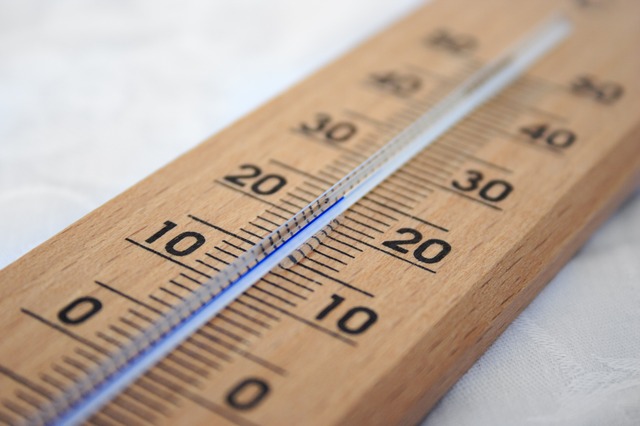
How Liquid Is Your Money?
Liquidity refers to your ability to meet financial obligations. Or another way to think about liquidity is whether or not you have cash available to pay for both your bills and emergency costs. Liquidity also refers to how easily you can access assets that can be converted into cash, or “liquid assets.”
So why is it important to understand liquidity? Because it’s an important aspect of your financial stability!
Here are two major things to keep in mind when it comes to the liquidity of your money:
- Is My Money “Available”?: The more quickly and easily you can access your money, the more “liquid” your finances are. Cash, checking, and saving accounts are the most accessible sources, while something like real estate or a collector’s item would likely take longer to sell and convert into money that can be exchanged to pay a bill or debt. You can borrow cash quickly from sources like a credit card, but this incurs high interest and fees.
- Increase Liquidity: One major way to increase liquidity is to have a savings account for an emergency fund. Another method is to have a permanent life insurance policy that builds cash value that you can borrow against. Leave room in your budget for regular contributions to your emergency fund. If you grow an emergency fund, you’ll be able to face unexpected liabilities without falling into debt and risking your financial stability.
It’s important to maintain a decent amount of liquidity so that you and your family avoid paying more in the long run and remain financially secure in an emergency.
To learn more about how to improve your financial life, visit Syncis at http://www.syncis.com/blog/


